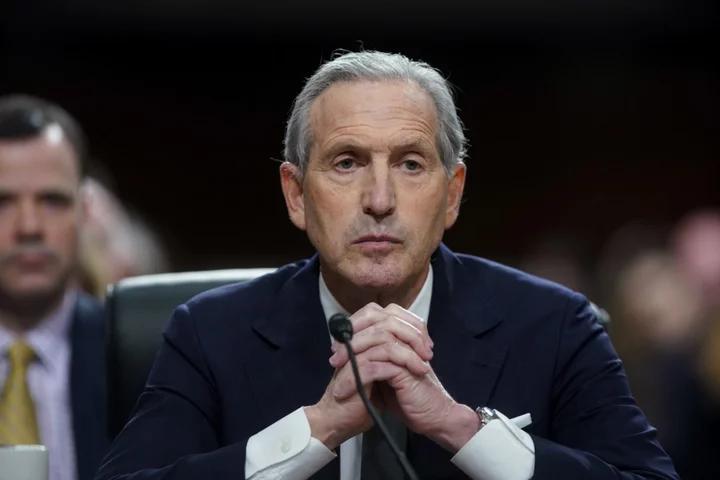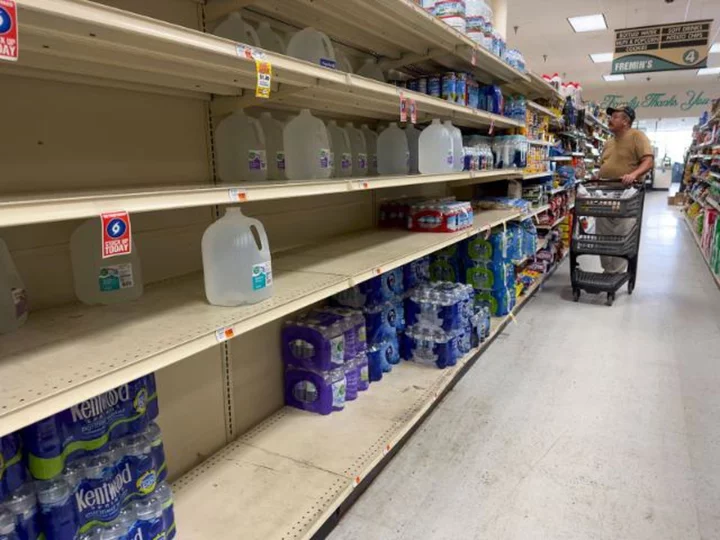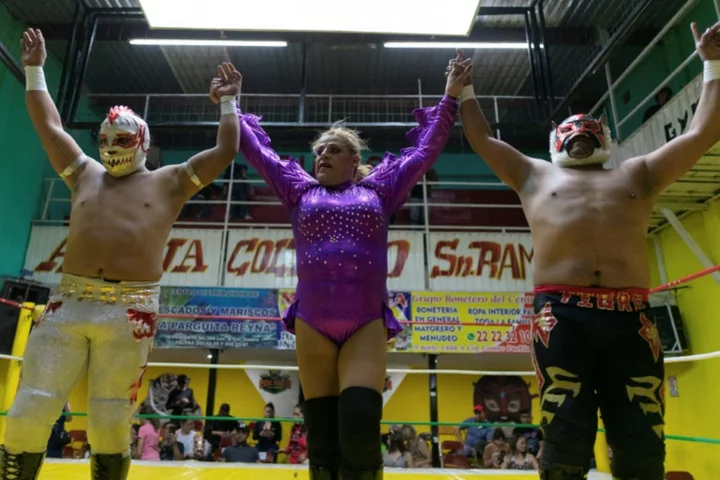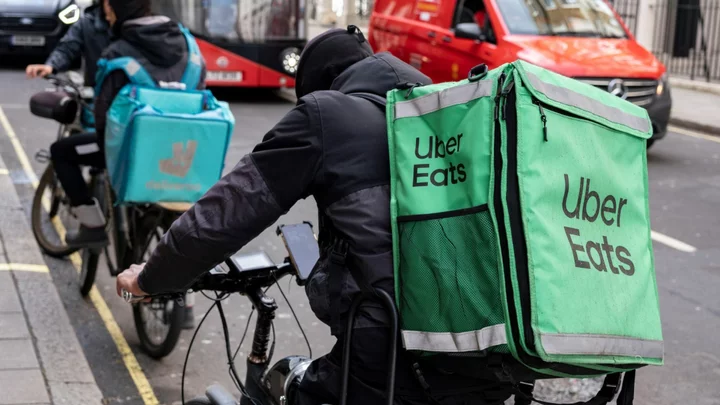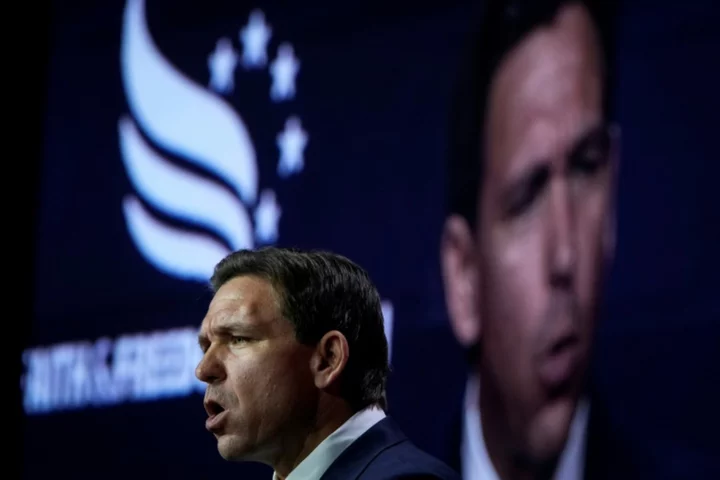Joint efforts to tackle migrant flows and cross-border smuggling of the often deadly drug fentanyl are expected to top the agenda at high-level US-Mexican security talks on Thursday.
Senior US officials including Secretary of State Antony Blinken, Attorney General Merrick Garland and Homeland Security Secretary Alejandro Mayorkas will meet with their counterparts in Mexico City.
Garland said the talks would address "urgent threats" facing the two countries.
"Disrupting the violent cartels manufacturing and trafficking fentanyl will be at the top of that list," he said.
The United States saw a record of around 110,000 drug overdose deaths between March 2022 and March 2023, according to the Centers for Disease Control and Prevention (CDC). Fentanyl accounted for some two-thirds of them.
"Fentanyl remains the number one killer of young people in the United States," US State Department spokesman Matthew Miller said, adding that tackling smuggling of the drug was one of Blinken's top priorities.
"We need to take steps with our Mexican partners to crack down on trafficking, and that would include the destruction of labs in Mexico," he said.
Last month Mexico extradited Ovidio Guzman Lopez, the son of imprisoned Sinaloa Cartel kingpin Joaquin "El Chapo" Guzman, to the United States to face narcotics charges.
The US Justice Department is pursuing three more of Guzman's sons, known as the "Chapitos."
US authorities are also targeting Chinese companies accused of cartel links. This week they announced sanctions on a China-based network accused of producing and distributing precursor chemicals.
- Security overhaul -
At an earlier round of security talks in Mexico two years ago, the two countries agreed to overhaul their fight against drug trafficking.
After more than a decade during which the United States provided military firepower, technical support and security training to Mexican law enforcement, they vowed to put more emphasis on tackling the root causes of drug trafficking through measures such as supporting economic development and addressing addiction.
More recently, Mexican President Andres Manuel Lopez Obrador has angrily rejected calls by Republican politicians in the United States to send the US military to fight drug cartels.
Mexico is plagued by cartel-related bloodshed that has seen more than 420,000 people murdered since the government deployed the military in the war on drugs in 2006.
Lopez Obrador argues that investing in development projects in the region would help counter not only drug trafficking but also migration flows -- another major challenge for the two countries.
His foreign minister, Alicia Barcena, told the United Nations last month that Mexico was overwhelmed by people coming from violence-wracked Central America and Venezuela.
Blinken is scheduled to meet Lopez Obrador on Thursday, following talks with Barcena on Wednesday evening.
The top US diplomat said Wednesday that the world was facing "the largest migration challenge of all times" with more than 100 million people displaced around the globe.
Mexican authorities "very much want to get a grip on this because they're now the country that has the third largest number of asylum seekers in the world," he said during a visit to The University of Texas at Austin.
Stephanie Brewer, director for Mexico at the Washington Office on Latin America, an advocacy group, said there was a risk that "short-term measures that violate human rights" might be announced during Blinken's visit.
Countries must "prioritize the protection of refugees and displaced people" fleeing violence and poverty, Brewer said.
More than 8,200 migrants have died or disappeared in the Americas since 2014, most of them while trying to reach the United States via Mexico, according to the International Organization for Migration.
jla-axm-dr/md


